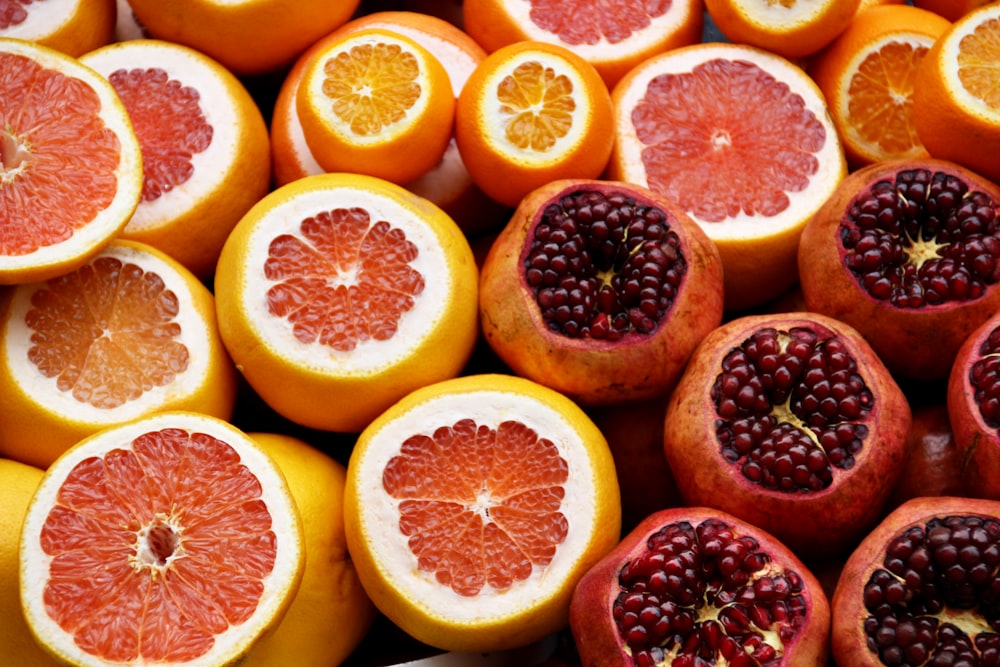
Navigating the Great Debate: Artificial Sweeteners vs. Sugar Substitutes
Understanding Artificial Sweeteners
Artificial sweeteners have been a topic of debate in the realm of nutrition and health. These sugar substitutes are designed to provide sweetness without the calories of sugar, making them appealing to individuals looking to manage their weight or control their blood sugar levels. Common artificial sweeteners include aspartame, sucralose, saccharin, and stevia, each with its unique properties and controversies surrounding their safety and health effects.
The Appeal of Sugar Substitutes
One of the main appeals of artificial sweeteners is their ability to satisfy sweet cravings without contributing to excess calorie intake. This makes them popular among individuals following low-calorie or sugar-free diets, such as those with diabetes or trying to lose weight. Sugar substitutes are often used in a wide range of products, from diet sodas and sugar-free desserts to sugar-free chewing gum and packaged foods marketed as “low sugar” or “sugar-free.”
Controversies and Health Concerns
Despite their widespread use, artificial sweeteners are not without controversy and health concerns. Some studies have raised questions about potential negative health effects associated with long-term consumption of artificial sweeteners. These concerns include links to metabolic disorders, disruption of gut microbiota, increased cravings for sweet foods, and conflicting evidence regarding their impact on weight management and blood sugar control.
Natural Alternatives: Stevia and Monk Fruit
In response to the controversies surrounding artificial sweeteners, natural alternatives like stevia and monk fruit have gained popularity. Stevia is derived from the leaves of the Stevia rebaudiana plant and is known for its intense sweetness without calories. Monk fruit extract, derived from the monk fruit (luo han guo) plant, also provides sweetness without calories and is often used as a sugar substitute in various products.
Balancing Benefits and Risks
When it comes to the debate between artificial sweeteners and sugar substitutes, finding a balance between benefits and risks is key. While artificial sweeteners can offer a sweet taste without the calories of sugar, concerns about their long-term health effects remain. On the other hand, natural sugar substitutes like stevia and monk fruit provide sweetness with fewer additives but may not suit everyone’s taste preferences.
Individualized Choices and Moderation
Ultimately, the choice between artificial sweeteners and sugar substitutes depends on individual preferences, health goals, and tolerance levels. Some individuals may find that artificial sweeteners suit their dietary needs and preferences, while others may prefer natural alternatives or choose to moderate their overall intake of sweeteners, whether artificial or natural. Consulting with healthcare professionals and staying informed about the latest research can help individuals make informed decisions about their sweetener choices.
Navigating Sweetener Labels and Ingredients
When selecting products containing sweeteners, it’s essential to read labels carefully and understand the different types of sweeteners used. Pay attention to terms like “sugar-free,” “no added sugar,” “low calorie,” and “artificially sweetened” to determine the sweetener content of foods and beverages. Being aware of the various sweetener options and their potential effects can empower individuals to make healthier choices that align with their dietary preferences and goals.
The Role of Education and Research
As the debate over artificial sweeteners vs. sugar substitutes continues, ongoing education and research play a crucial role in providing evidence-based guidance. Researchers, healthcare professionals, and regulatory agencies continue to study the safety and health effects of sweeteners to inform public health recommendations and dietary guidelines. Staying informed and open to new findings can help individuals make informed choices about their sweetener consumption and overall dietary habits. Read more about Debate over the health risks of artificial sweeteners and sugar substitutes







